Canadian authorities enthusiastic about HealthInfoNet ‘knowledge translation’ activities
Current topic
Senior officials of the Canadian Institutes of Health Research (CIHR) and Health Canada expressed great interest in the work of the Australian Indigenous HealthInfoNet in meetings with the HealthInfoNet Director, Neil Thomson, and Manager, Bronwyn Gee, in Ottawa, Canada on 9-10 October. These meetings need to be seen in the context of the establishment in April 2000 of the CIHR as a replacement for the Canadian Medical Research Council (the Canadian equivalent of Australia’s National Health and Medical Research Council), and of the great emphasis placed by Canadian health authorities on the development of a comprehensive pan-Canadian Health Infostructure.
As part of its enabling legislation, the CIHR is required to excel in the support of health research and the translation of this research ‘into improved health for Canadians, more effective health services and products, and a strengthened health care system’ (emphasis added). This requirement for ‘knowledge translation’ – very uncommon among national research-funding bodies – requires processes to support the uptake of health research in a manner that improves health and health care ‘through improved understandings, processes, services, products or systems’.
Neil and Bronwyn met with CIHR President, Dr Alan Bernstein, and Senior Policy Advisor, Elizabeth Dickson, who is responsible for the development of a conceptual framework for knowledge translation (to be considered at the November meeting of the CIHR Governing Council). Ms Dickson acknowledged that the HealthInfoNet is one of the few organisations anywhere in the world already actively undertaking knowledge translation. She and Dr Bernstein were most impressed with the way that the HealthInfoNet is making that knowledge accessible by the Internet to assist decision-making by policy-makers, health program managers and health service providers, and with the HealthInfoNet‘s work in conducting workshops and Internet cafes to improve the access of Australian Indigenous people to this knowledge.
In parallel with the work being undertaken by the CIHR in the development of a framework for knowledge translation, Health Canada’s Office of Health and the Information Highway (OHIH) is coordinating the planning and implementation of the pan-Canadian Health Infostructure. An advisory committee set up to develop a blueprint and tactical plan for the Infostructure, which will be the information and communications foundation for the Canadian health system, recognised that many of the components exist already. The committee did, however, identify significant gaps in the areas of health information for the public and for health service providers, clinical decision support, telehealth, electronic health records, health surveillance, health selfcare/telecare, health data holdings, and data analysis and reporting.
Mr Jean-Claude Barre, Senior Policy Advisor with OHIH, reported that activities were underway to address many of these gaps, but that little had been done in the type of knowledge translation performed by the HealthInfoNet. Mr Barre was so impressed with the work of the HealthInfoNet that he indicated he would try to schedule a video conference presentation at a meeting of the advisory committee, whose work is supported by the Canadian Conference of Deputy Ministers of Health and the Conference of Ministers of Health (equivalent to the Australian Health Ministers’ Advisory Council and Australian Health Ministers’ Conference respectively).
Coming shortly after the HealthInfoNet‘s participation as a finalist in the prestigious Stockholm Challenge Award for the innovative use of information technology, the meetings with the CIHR and the OHIH confirm the HealthInfoNet‘s position as a world leader in the vital area of knowledge translation.
Acknowledgments: The Australian Indigenous HealthInfoNet is grateful to Edith Cowan University’s Faculty of Communications, Health and Science for supporting the visit of Bronwyn Gee and Neil Thomson to Canada, and to Ginette Thomas, Executive Officer of the CIHR Institute of Aboriginal Peoples’ Health, for assisting in the coordination of meetings in Ottawa and Toronto.



